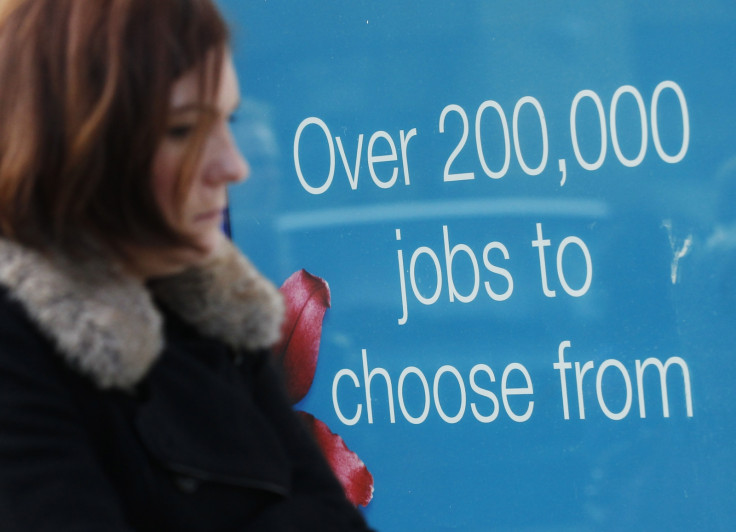Youth unemployment and a skills shortage cloud the blue skies of record UK jobs figures

Fortune seems to be favouring the newly instated Conservative government with the latest employment figures showing an increase of 202,000 in the three months to March 2015, the Office for National Statistics (ONS) revealed.
This brings UK employment to a record high of 31.098 million - an employment rate of 73.5%. Moreover, the growth in employment was mainly of the full time variety (up 138,000).
Unemployment benefit, an area Cameron's opponents are understandable touchy about, seems to have been righting itself. The number of people claiming Jobseekers Allowance reached at a record low of 763,800 in April 2015.
In fact, April's drop of 12,600 in the number of claimants is the smallest fall since March 2013. This is hardly cause for alarm and suggests companies may have become more cautious in employment ahead of the general election. This may also have reflected softer economic growth in the early months of 2015.
Howard Archer, UK and Europe economist at IHS Global Insight, said: "We expect the number of jobless to trend steadily downward over the coming months, taking the unemployment rate down to 5.2% by the end of 2015, and to 4.9% by the end of 2016. Expected healthy economic growth over the coming months is seen supporting demand for labour, but rising productivity is expected to limit the fall in unemployment."
Archer warned that in some sectors companies are now finding it harder to get the skilled and experienced workers that they need, however.
The Bank of England's agents in their April 2015 report of business conditions commented that "recruitment difficulties had remained somewhat above normal" and cited skill shortages in a number of sectors including construction, engineering, professional services, IT, haulage, and healthcare, said Archer.
Job search services agreed that the only problem was a possible skills shortage.
Andrew Hunter, co-founder of Adzuna, said: "Many industries are still crying out for skilled staff; workers we simply don't have enough of. To avoid a plateauing of improvement, the government must focus on increasing flexible working, to encourage maximum employment in these areas.
"Upskilling the workforce will also be key in order to make sure we have the right staff for open vacancies. The EU referendum could pose a question mark over the number of European workers we have access to in the future, so it really is fundamental to grow our own talent as fast as we can."
The British Chambers of Commerce (BCC) said the figures chimed with its Quarterly Economic Survey, which has shown steady year-on-year growth in employment levels since the 2008-09 recession.
The percentage balance of manufacturing firms who saw an expansion in their workforce stood at an increase of 32% in the first quarter of 2015, up from 31% in the same period of 2014. For service sector firms, this was up 20% having stood at16% in the previous year, according to BCC figures.
However, the BCC warned that youth unemployment has remained stubborn and is still three times as high as the national average.
David Kern, chief economist at BCC said it would be "premature for the broad positivity in the latest jobs figures to lead to an early increase in interest rates. Businesses need a continued period of stability in order to deliver the growth and prosperity that we want to see".
Underlying earnings growth also picked up to 2.7% in March from 2.4% in February, 1.6% in January and a low of 0.5% in April 2014.
This was the largest increase since January 2009, helping the government argue that the recovery is becoming more inclusive and that pay is increasingly being lifted by the improved economic environment.
Underlying earnings growth in the private sector improved to 3.3% in March from 2.8% in February and 1.9% in January.
The Association of Independent Professionals and the Self Employed pointed out that many of the new jobs created have been through people becoming self-employed and that its research shows the number of people going it alone will only continue to grow.
Chris Bryce, IPSE chief executive, said: "Employee wages continue to grow modestly with average earnings staying ahead of inflation. This chimes well with our payment data for the self-employed, who have experienced a small rise in average earnings since the last quarter."
© Copyright IBTimes 2025. All rights reserved.






















